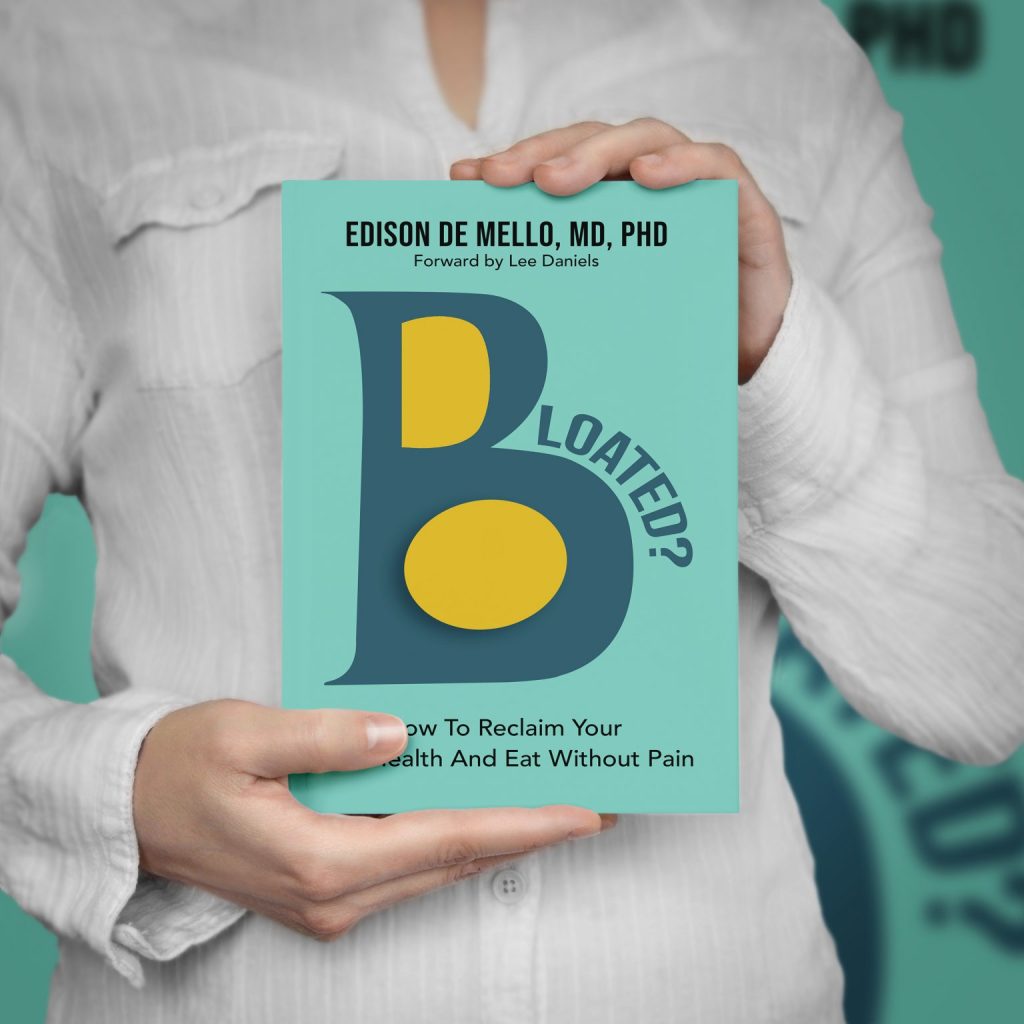Akasha’s Integrative Approach
In the early days of the Akasha Reset, the concept of “detox” wasn’t as widely understood as it is today. Back then, detox programs were often overshadowed by dubious weight loss schemes promising quick but unsustainable results. To distinguish our state-of-the-art, science based approach from these fads, we emphasized that the Akasha Reset is not primarily a weight loss program, but rather a comprehensive detoxification protocol meticulously crafted by integrative medicine doctors and practitioners.
Over the years, the landscape has evolved significantly. Green smoothies adorn nearly every street corner, integrative medicine has gained traction, and awareness of the vital role of detoxification and digestion has surged. As advocates for Integrative health, we’ll dive into the science behind our Reset Program to help you achieve a healthy weight, increased energy, vitally, optimized hormone balance and libido, leaving you feeling your best and looking great – the natural way.
What does Healthy Weight Loss Involve?
Healthy weight loss isn’t about crash diets or rapid transformations. It’s about sustainable, gradual progress. While the Akasha Reset doesn’t promise unrealistic weight loss, it can serve as a foundational step towards a healthier lifestyle, incorporating whole foods and nurturing habits that support long-term weight management.
At Akasha, healthy weight loss transcends the simplistic notion of calories in versus calories out. It encompasses factors such as blood sugar regulation, hormonal equilibrium, increased energy, vitality and libido – and anti-inflammatory nutrients to facilitate the body’s natural ability to shed excess weight and maintain it.

Step #1: Alleviate Bloating
Bloating can often make us feel heavier than we are. By making simple dietary adjustments such as mindful eating, thorough chewing, and opting for smaller portions, we can mitigate bloating. Additionally, incorporating easily digestible whole foods and beneficial supplements like probiotics or digestive enzymes can aid in reducing bloating.
Step #2: Revitalize Metabolism
A well-functioning metabolism is key to efficient calorie utilization and weight management. Boost your metabolism by introducing thermogenic foods, engaging in regular physical activity, consuming fiber and protein-rich whole foods, and ensuring adequate hydration.
Step #3: Opt for Digestion-Friendly Foods
Easy-to-digest whole foods facilitate nutrient absorption and promote regular bowel movements, essential for weight management. Embrace a diet rich in fruits, vegetables, whole grains, and lean proteins to optimize digestion. For those struggling with constipation, incorporating a fiber supplement along with digestive aids can provide relief.
Step #4: Explore Food Combining
Food combining principles advocate for pairing foods that digest well together, minimizing discomfort and bloating. Experiment with separating proteins and starches or consuming fruits separately to streamline digestion.
Step #5: Watch Your Portions
In a culture accustomed to oversized portions, recalibrating our serving sizes can prevent overconsumption and subsequent weight gain. Start with smaller portions, only returning for more if genuinely hungry, to align with your body’s actual caloric needs. Follow the rule of eating only 80% of what you think you need.
Step #6: Hydrate Adequately
Adequate hydration supports various aspects of health, including digestion and weight management. Aim for at least eight glasses of water daily to stave off constipation, curb appetite, and enhance calorie burning.
Step #7: Tackle Cortisol Levels
Elevated cortisol levels, stemming from chronic stress, can contribute to abdominal fat deposition and inflammation. Manage stress effectively by minimizing caffeine intake, avoiding processed foods and sugars, and prioritizing stress-relieving activities.
Step #8: Prioritize Stress Management
Stress is inevitable, but how we respond to it is what matters. Incorporate regular physical activity, wholesome nutrition, sufficient sleep, and leisure activities into your routine to mitigate stress and support weight loss.
Step #9: Embrace Restorative Sleep
Quality sleep is integral to hormonal balance, mood regulation, and weight management. Ensure you get enough rest each night to avoid disruptions in appetite regulation and potential overeating.
Step #10: Stay Active
Physical activity not only burns calories but also enhances metabolism and promotes lean muscle development. Regular movement is a cornerstone of weight management, offering benefits beyond calorie expenditure, such as stress reduction and hormonal balance.
Step #11: Prioritize Detoxification
Our bodies often store toxins in fat tissues, hindering weight loss efforts. Detoxification supports liver function and reduces toxic burden, facilitating fat breakdown and weight loss. The Akasha Reset provides essential nutrients for optimal liver health, aiding in detoxification and weight management.
Step #12: Address Hormonal Imbalances
Hormonal fluctuations can impact various aspects of health, including weight regulation. If despite efforts in diet and exercise, weight loss remains elusive, consult with a healthcare professional to assess hormone levels. Conditions like hypothyroidism or estrogen dominance may warrant medical attention to restore hormonal balance.
By integrating these steps into your lifestyle and embracing the principles of the Akasha Reset, you can embark on a journey towards holistic well-being, where weight management is but one facet of overall health optimization.
And lastly, for a practical way to address bloating and weight gain, consider Dr.de Mello’s Book: BLOATED: How to Eat without Pain

About the Author:
Dr. Edison de Mello is the founder and Chief Medical officer of the Akasha Center for
Integrative Medicine and the Akasha Naturals. He is a Board-certified integrative
physician and a Board-Certified Psychotherapist, “Meeting the patient before meeting
their diseases” is Dr. de Mello’s signature approach to care. Because he strongly
believes in service and community building, Dr. de Mello sits on several service-related
non-profit organizations.










